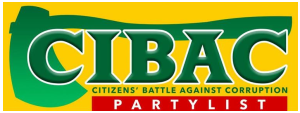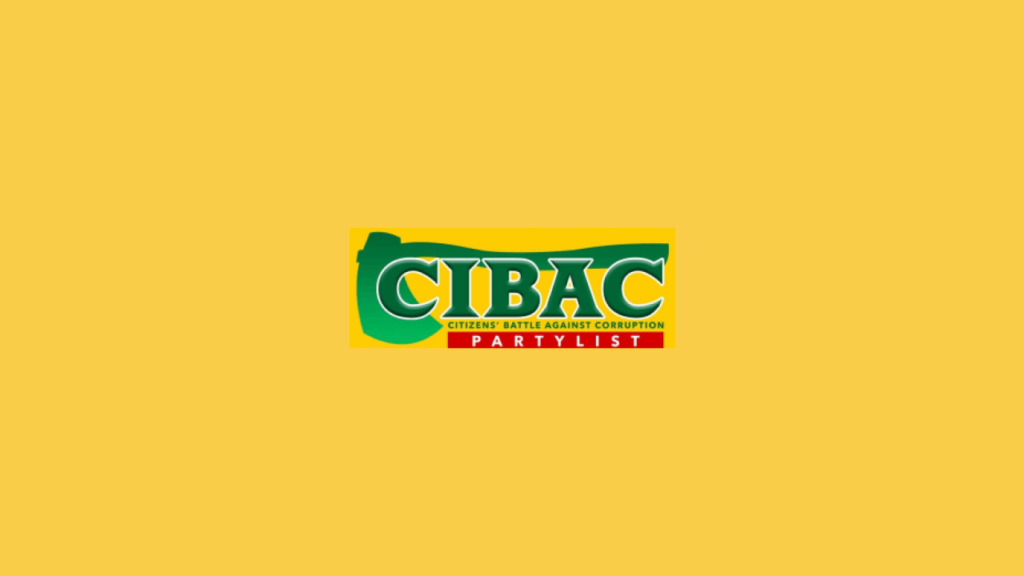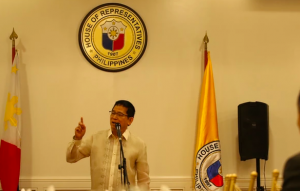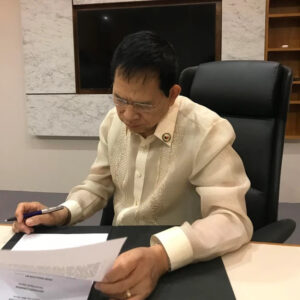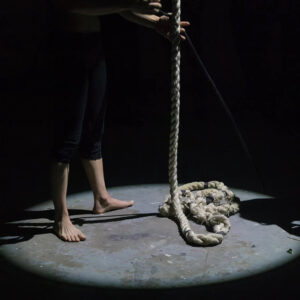CIBAC Party-List Representative and House Deputy Speaker Bro Eddie Villanueva together with several ranking House members filed on Tuesday a bill which seeks to penalize government negligence and lapses in responding to the on-going COVID-19 state of public health emergency.
House Bill 9230 or the Public Health Emergency Anti-Negligent and Corrupt Practices Act, authored by Deputy Speakers Bro. Eddie Villanueva (CIBAC Party-List), BienvenidoAbante Jr. (Manila, 6th District), Bernadette Herrera-Dy (BH Party-List), Mikee Romero (1Pacman Party-List) and Representatives Domeng Rivera (CIBAC Party-List) and Allan Reyes (Quezon City, 3rd District), aims to penalize acts of government negligence, inaction and irresponsibility during a state of public health emergency like the current COVID-19 pandemic. It also provides for stiffer penalties for certain graft and corrupt practices committed during a state of public health emergency.
“We should not only penalize acts of corruption, bribery or plunder; we must also deplore and punish inaction and acts that are manifest and imbued with intolerable negligence, irresponsibility, inefficiency and lack of vision especially during times of crisis such as this COVID-19 pandemic. Public officers and employees should neither be corrupt nor negligent. Or else, the public will suffer a great deal of undeserving disservice,” says Deputy Speaker Villanueva.
“In such times of war against any novel disease or public health threat, acting with swiftness and efficiency and having a clear policy direction are the names of the game by which the government must adhere to. Or else, many lives will suffer and public funds will just be devoured by rent-seeking and scrupulous individuals at the back of the people who are desperately grappling for survival and waiting for the government’s speedy intervention. Worst, inaction and negligence on the part of the government might cost lives – many lives – an asset that will never be recouped anymore,” says Manila Representative and House Deputy Speaker BienvenidoAbante Jr., one of the authors of the measure.
Among the prohibited acts under House Bill 9230 are the following:
a. Negligence in crafting the necessary government response to the public health emergency;
b. Neglecting or refusing, after due demand or request, without sufficient justification, to act within a reasonable time on any matter pending before him/her relative to any issue on public health threat;
c. Negligence in the performance of duty relative to securing needed medicines, vaccines, supplies or facilities necessary in the containment or eradication of public health threat;
d. Delay or causing the delay in the disbursement of public funds intended for public health emergency response of the government;
e. Failure to submit a certified report, within the time allowed, on disbursements made by a government agency or local government unit pursuant to a specific government response program or project;
f. Tampering or non-disclosure of full and complete epidemiological data with the purpose of downplaying the real situation of the state of public health emergency;
g. Gross violation of standard health protocols promulgated by the government; and
h. Entering, on behalf of the government, into any contract or transaction manifestly and grossly disadvantageous to the same, whether or not the public officer profited or will profit thereby;
i. Other similar or analogous acts, provided that these acts were committed in the course of or during a public health emergency.
Commission of the following prohibited acts shall be penalized with imprisonment of not less than five years nor more than twenty years, perpetual disqualification from public office, and confiscation or forfeiture in favor of the government of any prohibited interest and unexplained wealth. Congress is also asked to issue a list of essential and priority government response programs, projects or activities that will be the focus of monitoring and oversight during a state of public health emergency.
In addition, the bill mandates the Ombudsman to deputize a Special Officer to prioritize and prosecute offenses committed under the measure and ensure the immediate filing and resolution of cases. It further tasks the Ombudsman to submit a report to Congress and to the President a report of all the cases filed during a public health emergency and the corresponding status and/or resolution.
“It’s high time to raise the bar of public service even during times of crisis and difficulty so that people will not be left at the mercies of non-responsive, non performing or underperforming, negligent and, worst, corrupt public officers and employees,” says Deputy Speaker Villanueva.
“We never know how long this pandemic will last but one thing is certain, it’s high time to give our people greater participation, power and latitude to demand and dictate how the government should manage public affairs. This measure simply gives the public a tool and mechanism to directly exact accountability and demand the exceptional and best possible performance government can offer. After all, we are all public servants,” adds the CIBAC lawmaker.
The authors seek the support of their colleagues in Congress for the speedy passage of the measure once session resumes on May 17.
